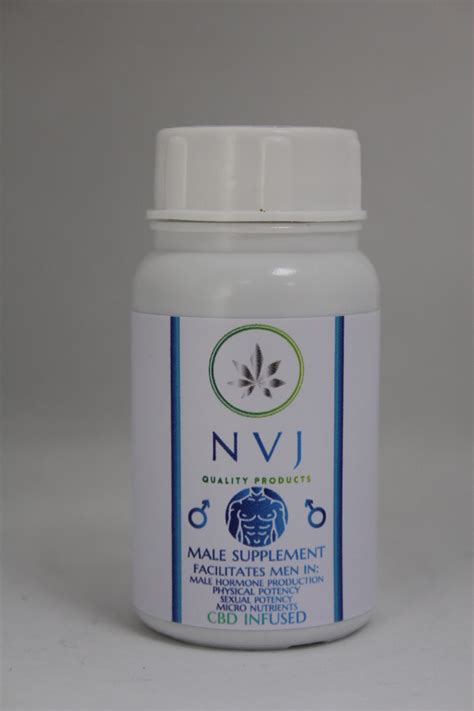Optimize men’s testosterone naturally for peak performance & vitality?

Understanding Testosterone’s Vital Role
Testosterone, often hailed as the king of male hormones, plays a pivotal role far beyond just sex drive and muscle mass. Optimal levels are crucial for energy, mood, cognitive function, bone density, and overall metabolic health. In today’s fast-paced world, many men face declining testosterone levels due to lifestyle factors, leading to symptoms like fatigue, low libido, weight gain, and diminished mental clarity. The good news is that numerous natural strategies can help elevate your testosterone, ushering in a new era of peak performance and vitality without relying on synthetic interventions.

Fuel Your Body: Nutrition for Testosterone
What you eat directly impacts your hormonal balance. To naturally boost testosterone, focus on a diet rich in whole, unprocessed foods. Embrace healthy fats, as cholesterol is a precursor to testosterone. Include sources like avocados, nuts, seeds, olive oil, and fatty fish (salmon, mackerel).
Adequate protein intake is essential for muscle synthesis and overall health, indirectly supporting testosterone production. Lean meats, poultry, eggs, and legumes are excellent choices. Don’t shy away from complex carbohydrates from vegetables, fruits, and whole grains, which provide energy for workouts and help regulate stress hormones.
Crucially, ensure you’re getting enough micronutrients. Zinc, found in oysters, red meat, and pumpkin seeds, is vital for testosterone synthesis. Vitamin D, often called the ‘sunshine vitamin,’ is also a pro-hormone directly linked to testosterone levels; consider safe sun exposure or supplementation if deficient. Magnesium, selenium, and B vitamins also play supportive roles.

Move Your Body: Exercise for Hormonal Harmony
Regular physical activity is one of the most potent natural testosterone boosters. However, not all exercises are created equal. Focus on strength training and high-intensity interval training (HIIT).
- Strength Training: Lifting heavy weights, especially compound exercises like squats, deadlifts, bench presses, and overhead presses, stimulates significant testosterone release. Aim for 3-4 sessions per week, focusing on progressive overload.
- HIIT: Short bursts of intense exercise followed by brief recovery periods can also effectively raise testosterone. Think sprints, burpees, or cycling intervals.
Avoid excessive chronic cardio, which can sometimes elevate cortisol (a stress hormone that can suppress testosterone) if overdone without adequate recovery. Balance is key.

Rest & Restore: The Power of Sleep and Stress Management
Sleep deprivation is a significant disruptor of testosterone production. Most testosterone is produced during REM sleep. Aim for 7-9 hours of quality, uninterrupted sleep per night. Establish a consistent sleep schedule, create a dark, cool, and quiet bedroom environment, and avoid screens before bedtime to optimize your sleep hygiene.
Chronic stress also wreaks havoc on your hormones. When stressed, your body produces more cortisol, which has an inverse relationship with testosterone. Implement stress-reduction techniques into your daily routine: meditation, deep breathing exercises, yoga, spending time in nature, or engaging in hobbies you enjoy. Managing stress effectively is crucial for maintaining a healthy hormonal profile.

Smart Supplementation and Lifestyle Habits
While diet, exercise, sleep, and stress management form the foundation, certain supplements can complement your efforts:
- Vitamin D3: As mentioned, crucial for many men, especially in less sunny climates.
- Zinc: If you’re not getting enough from food, a supplement can help.
- Magnesium: Supports hundreds of bodily functions, including hormone regulation.
- Ashwagandha: An adaptogenic herb shown to reduce cortisol and increase testosterone in some studies.
- Fenugreek: Some research suggests it can improve free and total testosterone levels.
Beyond supplements, incorporate other healthy lifestyle habits: limit alcohol consumption, avoid endocrine-disrupting chemicals found in plastics (BPA), and maintain a healthy body fat percentage, as excess body fat (especially visceral fat) can convert testosterone into estrogen. Regularly reassessing your lifestyle and making incremental changes will pave the way for sustainable testosterone optimization.

Conclusion: A Holistic Path to Peak Vitality
Optimizing men’s testosterone naturally isn’t about quick fixes; it’s a holistic journey encompassing thoughtful nutrition, consistent exercise, restorative sleep, effective stress management, and smart lifestyle choices. By committing to these fundamental pillars, you can empower your body to produce testosterone optimally, unlocking greater energy, strength, mental clarity, and overall vitality, paving the way for a life of peak performance.









